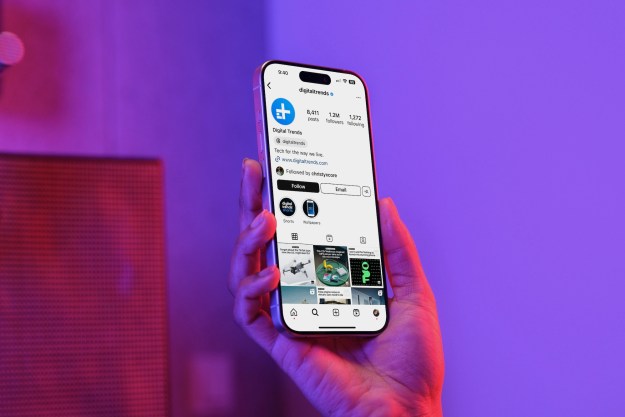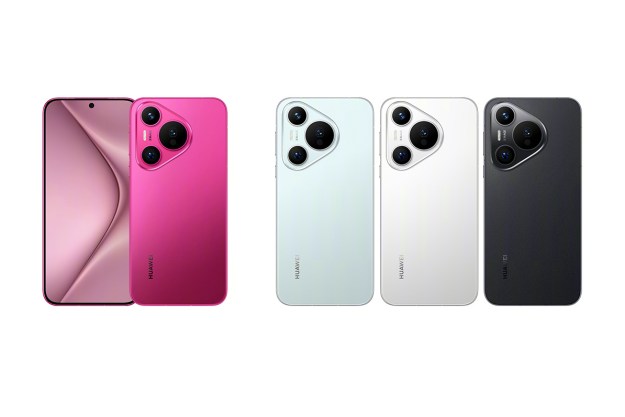
A bipartisan group of senators introduced a bill today that would force wireless providers to let you unlock your cell phone or tablet. This is the second bill introduced this week that addresses the unlocking ban. But unlocking advocates say neither piece of legislation completely solves the problem.
Dubbed the “Wireless Consumer Choice Act,” today’s bill (full text below) was introduced by Sens. Amy Klobuchar (D-MN), Mike Lee (R-UT) and Richard Blumenthal (D-CT). The bill would mandate that the Federal Communications Commission order wireless providers to allow customers to unlock their cell phones and tablets – but only after their service contract has expired.
“Consumers shouldn’t have to fear criminal charges if they want to unlock their cell phones and switch carriers,” said Lee in a statement. “Enhanced competition among wireless services is the surest way to increase consumer welfare.”
Problem is, most wireless carriers already allow customers whose contracts have expired to unlock their devices. According to Sina Khanifar, leader of a growing pro-unlocking movement, the only way to make any substantial difference for consumers is to alter the Digital Millennium Copyright Act (DMCA), which makes unlocking or any circumvention of digital locks, including DRM on music, movies, and e-books, a federal crime. Without changes to the DMCA, unlocking remains illegal.
“My take on the bill is that, as far as I can tell, it doesn’t do anything at all,” says Khanifar. “It fails to address the DMCA entirely, and it doesn’t seem that it does anything to make unlocking more legal.”
The Library of Congress decided in October to no longer exempt cell phone unlocking from the DMCA, as it had been for the past six years, based on arguments from CTIA, the wireless industry’s primary lobbying group.
In January, Khanifar launched a “We the People” petition on WhiteHouse.gov, which surpassed the 100,000-signature threshold required to elicit a response from the Obama administration. White House senior advisor R. David Edelman issued the Obama administration’s response to Khanifar’s petition on Monday, saying that it was only “common sense” to legalize unlocking, provided you “aren’t bound by a service agreement or other obligation.” FCC Chairman Julius Genachowski backed this position, and said his agency would investigate the issue.
Khanifar and a coalition of unlocking champions, which includes the Electronic Frontier Foundation, Reddit, Mozilla Foundation, YCombinator, iFixit, and others, launched the “Fix the DMCA” campaign on Wednesday. The group hopes to push Congress to alter Section 1201 of the DMCA, which governs the circumvention of digital locks, and lays out maximum punishment for doing so: a $500,000 fine and/or five years in prison, for first-time offenders.
The Wireless Consumer Choice Act is not the only bill on the Senate’s docket. Earlier this week, Sen. Ron Wyden (D-OR) introduced the “Wireless Device Independence Act of 2013.” While unlocking advocates have their doubts about Wyden’s bill, too, Khanifar says it’s better than the bill that was introduced today.
“Wyden’s bill is better, in that it modifies Section 1201 of the DMCA,” says Khanifar. “But while it permits unlocking for personal use, it doesn’t make it clear that services and software written and sold for that purpose would be legal.”
See the full text of the unlocking bills below:
Wireless Consumer Choice Act full text
Wireless Consumer Choice Act FINAL
Wireless Device Independence Act of 2013 full text
03-05-2013 Wireless Device Independence Act Bill Text

